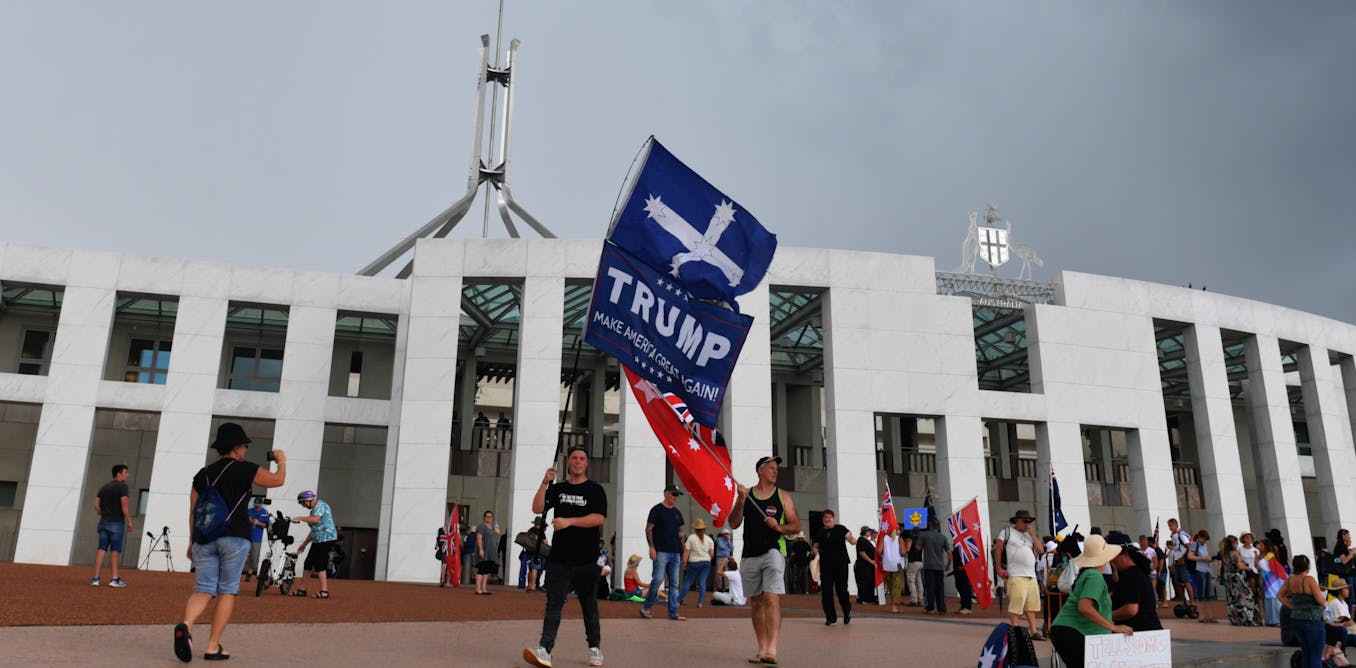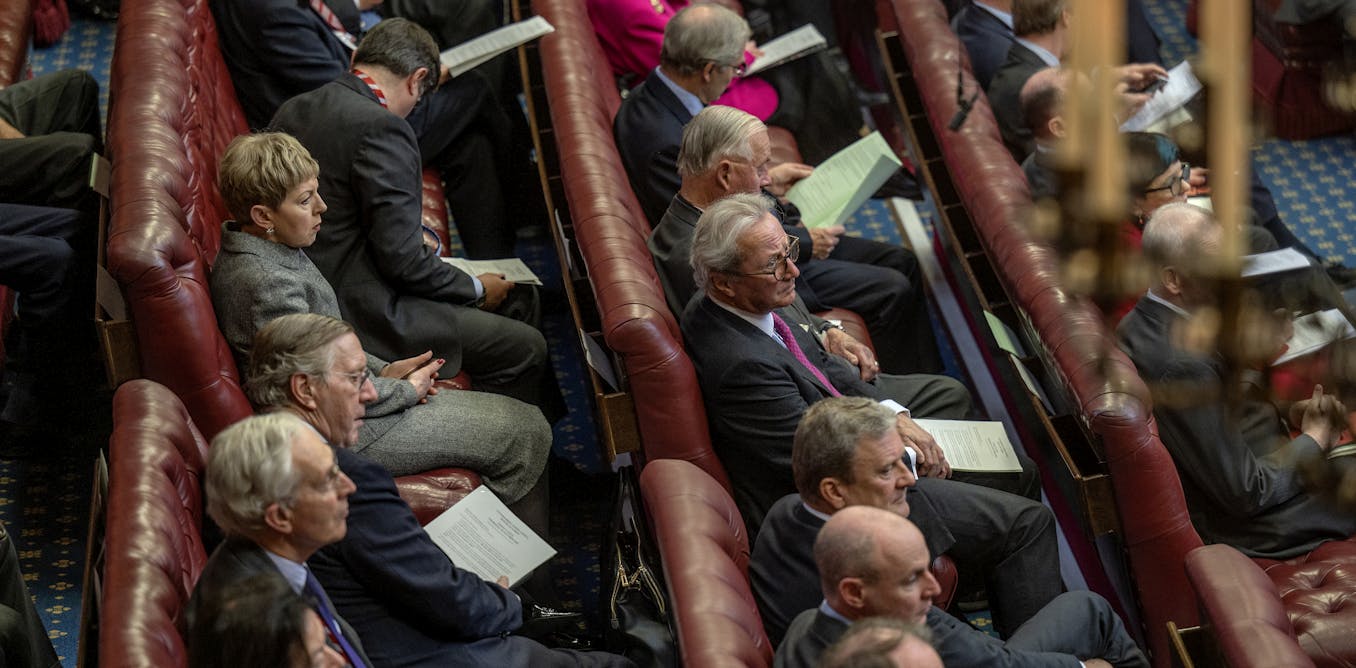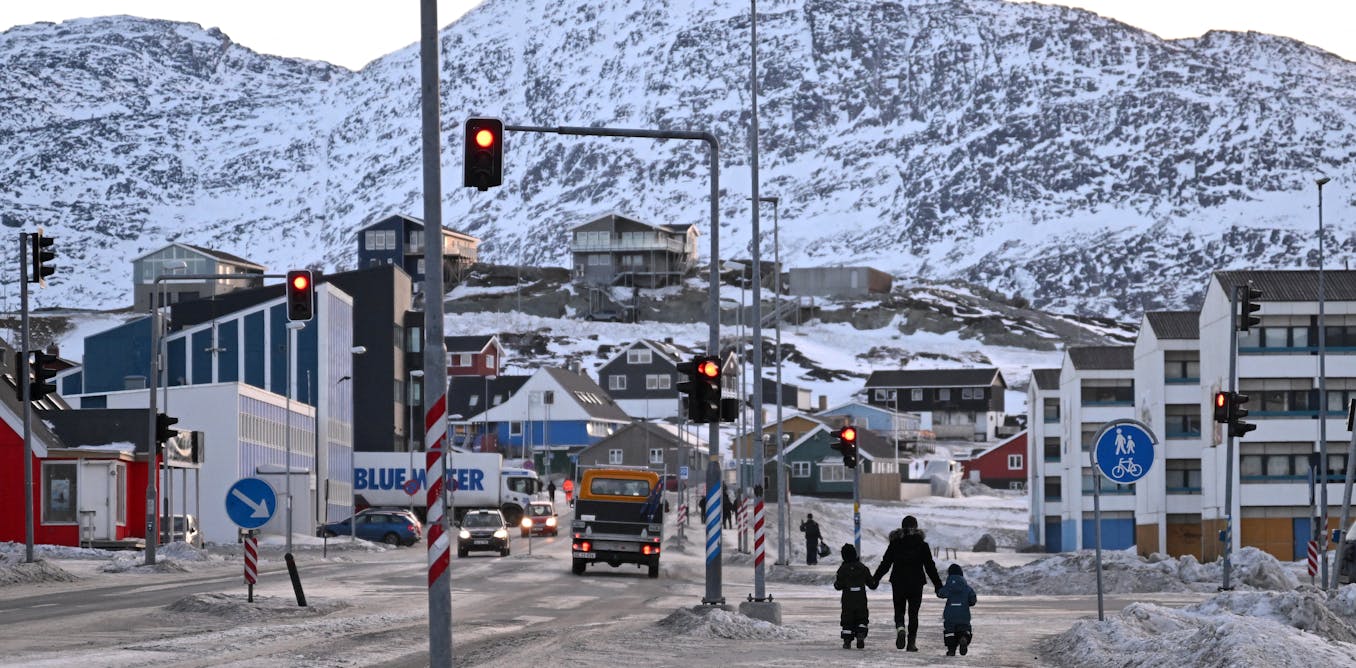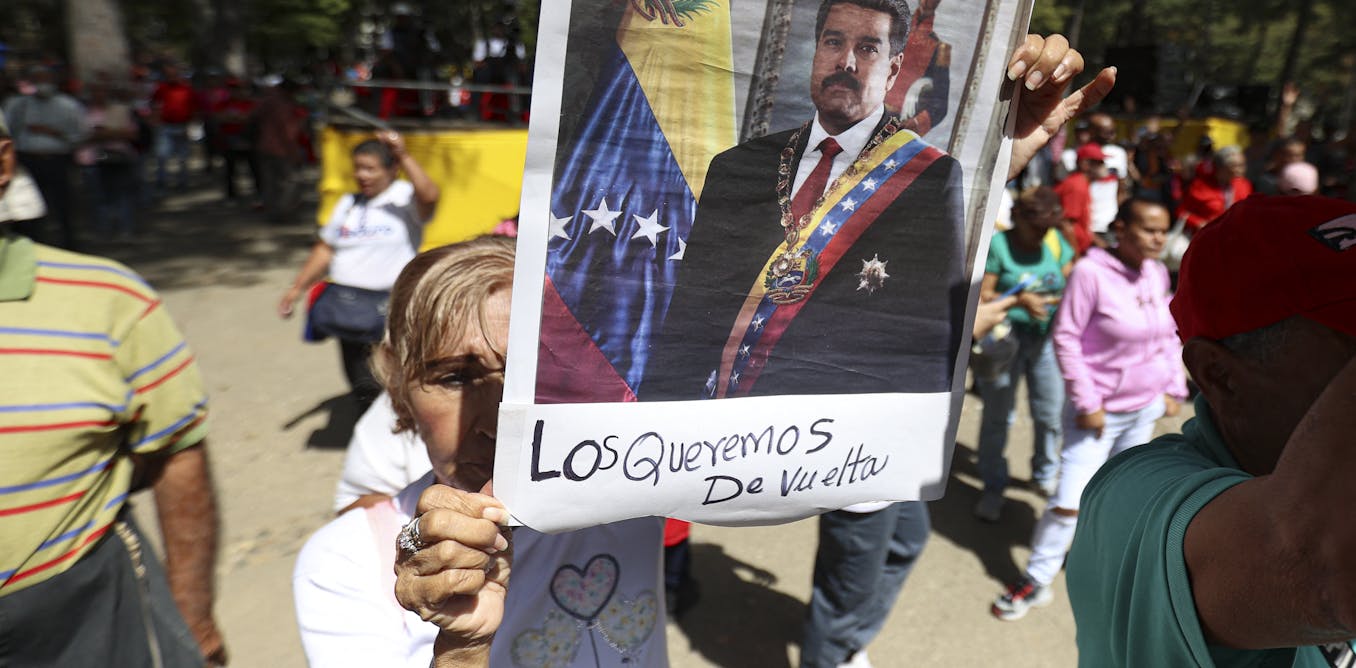If Donald Trump wins the US presidency on November 5, his victory will have profound implications for other countries on many fronts. Not least of them will be climate change policy.
Perhaps the uncertainty now hanging over US politics was on the mind of Climate Change and Energy Minister Chris Bowen, who shilly-shallied this week over when he’ll announce Australia’s 2035 emissions reduction target under the Paris climate agreement.
Bowen refused to be pinned down at the Australian Financial Review’s energy and climate summit on whether the target would be public before next year’s election. Neither his office nor that of the prime minister would be more specific later.
Australia, like other countries, is required under the Paris agreement to put forward its target in February. But, also like other countries, Australia is focused on what’s happening in the US.
Trump wants to take the US out of the Paris agreement for the second time. The first exit took effect immediately after his 2020 defeat and incoming President Joe Biden was able to reverse it at once. This time, there’d be no such quick turnaround.
The Biden administration has been strongly committed on climate issues. If the US exited, the Paris agreement would likely be transformed.
There may be other reasons why Bowen is being cagey about the 2035 target. Climate change and energy will be harder issues for Labor in this election, as it struggles with the realities of the transition, than in the 2022 one.
In the run-up to that election, a desperate Scott Morrison pulled out all stops to win support within the Coalition to sign up to the 2050 net-zero emissions target.
Labor was on the front foot, with a policy for a 43% reduction in emissions (on 2005 levels) by 2030, underpinned by a target of 82% renewable electricity by then. The election promise for consumers was a $275 cut in household power bills by 2025.
Crafting a policy is often easier than implementing it. The journey to a clean energy economy is arduous.
The $275 promise was quickly seen as unrealisable. The government has had to provide rebates to keep prices in check. The rollout of renewables is complicated by local resistance to some projects, including wind farms and transmission lines. At present, more than 40% of electricity comes from renewables.
The cost-of-living crisis has increasingly dominated everything. Climate change remains a significant issue with people, but over time it tends to go up and down their scale of concerns, depending on changing circumstances.
The Ipsos Climate Change Report, done annually, found in 2024 “strong notional support for the energy transition”, but low understanding of what progress had been made.
Concerns about the negative impacts of the transition on cost of living and energy reliability have increased, particularly in the current high inflation environment. The perceived economic benefits of the transition are less clear, with many unsure about the impact on jobs and the broader economy.
The emphasis on cost of living is influencing priorities for the energy transition, with Australians wanting to see energy prices and reliability prioritised. There is a growing sentiment that Australia should only take action if other countries are also contributing fairly to climate change efforts.
Of course a summer of bad bushfires can change people’s priorities suddenly. Barring that, Labor is looking at a 2025 election in which it will be more on the defensive than the offensive on climate and energy issues.
The opposition has already acted to sharpen the difference with Labor over the medium term targets. Peter Dutton will have no 2035 target before the election, and has questioned the 2030 target to which Australia is signed up, although he says a Coalition government would not leave the Paris agreement. He is also running hard on his controversial policy for nuclear energy.
While Bowen is not clarifying whether he’ll announce the government’s target ahead of the election, it would be awkward for Australia not to meet the February deadline.
There would not be a penalty, but it would be a bad look, especially given we are vying with Turkey to host, together with Pacific countries, COP31 in 2026. One unknown, incidentally, is whether a Coalition government would continue this bid, which the opposition has describes as a “vanity project”.
If the government does announce the 2035 target before the election, the big question is how ambitious it will make it.
Bowen will receive advice on this from the Climate Change Authority, to which the government has appointed, as head, former New South Wales Liberal Treasurer Matt Kean.
In an earlier discussion paper, the authority said the evidence suggests
A 2035 target in the range of 65-75% […] could be achievable and sustainable if additional action is taken by governments, business, investors and households […]. However, attempting to go much faster could risk significant levels of economic and social disruption and put progress at risk.
A bold target would make the government more vulnerable, just when Labor would want the attention on the Coalition’s problematic nuclear policy. On the other hand, if the target were modest, that would be exploited by the Greens.
Next month, Bowen will attend COP29 in Azerbaijan, where the central issue will be a financial goal, replacing the 2015 goal, for developed and major economies to help fund developing countries’ emission reduction efforts. Bowen, with Egyptian Environment Minister Yasmine Fouad, is leading the consultations on this, and so has a significant role at the conference.
At the COP meeting, Bowen will get a better idea of where other countries are on their expected 2035 targets. He indicated this week he has already started taking soundings. “Obviously […] of course you think about international context.”
By the time of COP, which runs November 11-22, America will have chosen its next president. The COP meeting will either be business-as-usual, looking to an incoming Kamala Harris presidency, or trying to anticipate the implications of a Trump administration that could be a major disruptor of international climate policy.

The post “a possible Trump victory is making the Albanese government cagey about its 2035 climate target” by Michelle Grattan, Professorial Fellow, University of Canberra was published on 10/24/2024 by theconversation.com




































Leave a Reply